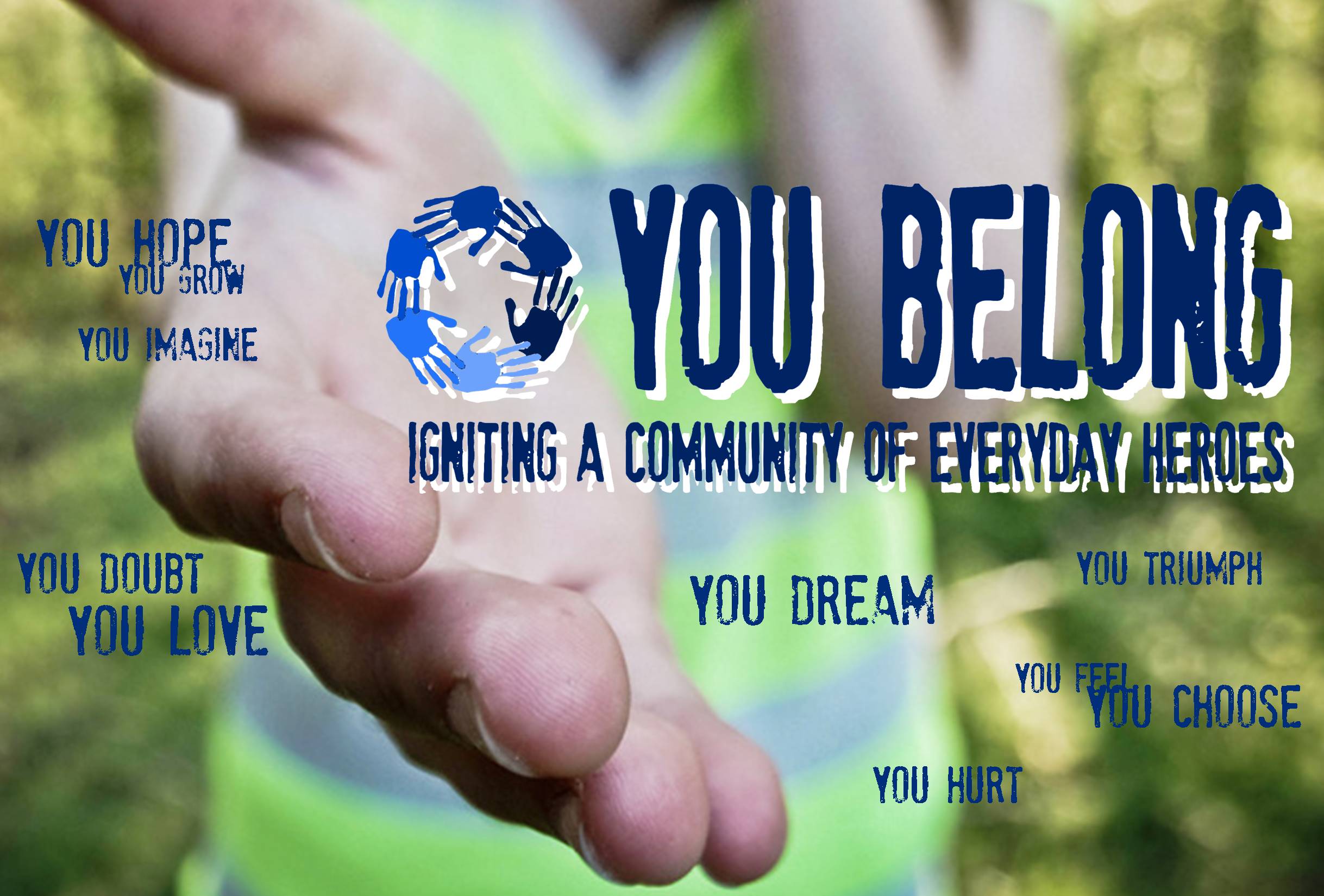Five (More) Dangerous Things You Should Let Your Children Do
In another inspiring TED talk, Gever Tulley continues his exploration of risk and safety as they relate to children.
Does the media fuel an illusion that our children are in danger? How does reality compare to our fears? Tulley asks these questions and others.
And, the answers may surprise you. For example, regarding the fading concept of ‘stranger danger,’ did you know that kidnapping by a non-family-member doesn’t even make the top 5,000 dangers that children face?
Maybe walking to school isn’t such a bad idea, since it increases situational awareness, improves character judgment, and increases fitness (and thus memory and overall well being).
Then there are activities we can do with children with some actual risk involved, like playing with fire, whittling, driving a car, licking a battery, and more. According to Tulley, by exposing children to small risks we teach them about safety, and we equip them to challenge fear and address real risks in the world.
Or, as Tulley says, “The most effective way to keep children safe is to give them a little taste of danger.”
For more by Gever Tulley, check out his book 50 Dangerous Things, his website, and his talks on Ted.Org.
The Importance of Self-Care
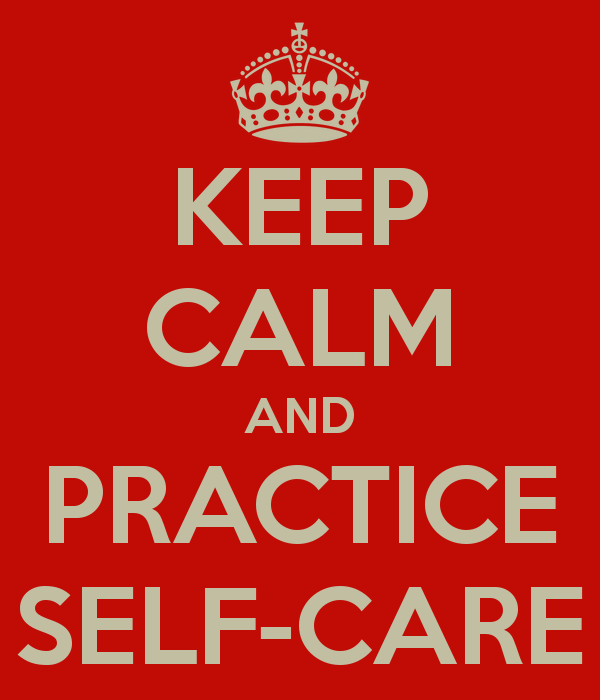
“Self-care is a touchy subject. That’s because our society largely views self-care as selfish, slothful and overly indulgent…Yet, it’s anything but. Taking good care of yourself not only makes your life more fulfilling and contributes to your well-being, but it also extends to others.” – Margarita Tartakovsky, M.S.
In a field that requires as much energy as outdoor education, the importance of self-care cannot be overstated. That said, it’s also important for everyone else: educators, students, parents, etc.
The concept reminds me of the oxygen masks on airplanes: we are charged with putting on our own so that we are then better able to help others. It’s the same in many other areas of our lives.
Self-Care Ideas:
Have a game nights with friends and family, go on a nature walk, meditate, take a yoga class, garden, journal, cook a delicious meal, listen to a favorite podcast, work on a craft/DIY project, get a massage, read a favorite book, go to the movies or a concert, tell bad jokes with a loved one.
The sky’s the limit! Whatever you find relaxing and rejuvenating can be employed in your self-care practice. For some deeper self-care suggestions, check out this article on PsychCentral.Com.
Was a 9-Foot-Long Shark Eaten Off of Australia?
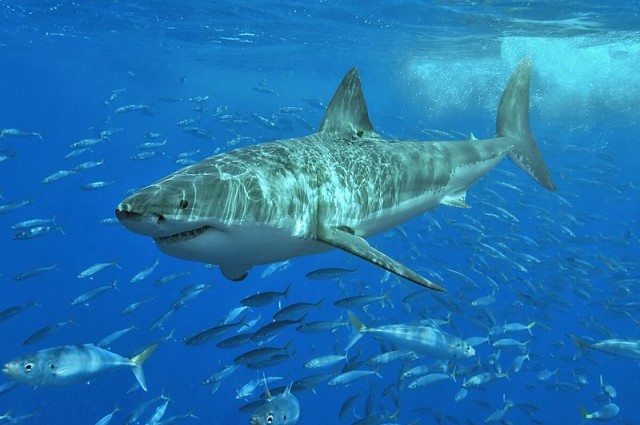
An 11yo incident off the coast of Australia has recently come to light, and it’s a fascinating one.
Four months after ‘shark alpha’ was tagged with a radio tracker, its unit washed up on shore only miles from where it had been tagged. After reviewing the data, researchers believe that the radio tag took an eight-day ride in the belly of a massive great white.
It is possible that in a fight with another shark the device was bitten off, but scientists are entertaining the possibility that the entire shark was consumed by a “colossal cannibal great white shark.”
For more information visit IFLScience.Com and The Smithsonian Chanel.
Reflections on Integrity
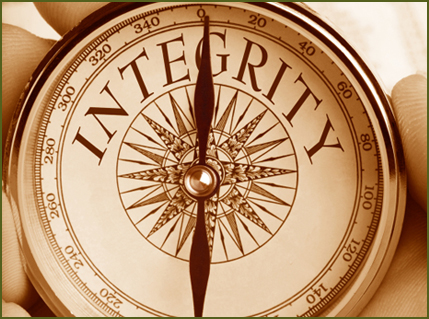
Recently I’ve found myself reflecting on the notion of integrity. Sounds simple enough, right? That’s what I thought.
With each unique person and mind comes the possibility of interpreting even the most basic of things differently than the person standing next to you. Thus, with that in mind, I turn to quotations, for I am often inspired by the words of others that have stood the test of time…
“They’re certainly entitled to think that, and they’re entitled to full respect for their opinions… but before I can live with other folks I’ve got to live with myself. The one thing that doesn’t abide by majority rule is a person’s conscience.” – Harper Lee, To Kill a Mockingbird
“Nothing is at last sacred but the integrity of your own mind.” – Ralph Waldo Emerson, Self-Reliance
“When you are content to simply be yourself and don’t compare or compete, everyone will respect you.” – Lao Tzu, Tao Te Ching
“Waste no more time arguing about what a good man should be. Be one.” – Marcus Aurelius, Meditations
Stay classy, adventurers!
Moving ‘Natural Capital’ from Metaphor to Reality
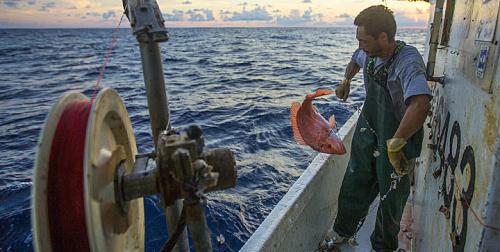
For better or worse, nature and ecosystems have been discussed in the ongoing dialogue/debate about the environment and anthropogenic climate change in economic terms. A new article by Eli Fenichel and Joshua Abbott explores this topic with more nuance than is common in the regular discourse.
“The researchers show the importance of valuing natural resources as a capital asset that stores wealth for the long term (Emphasis Added) rather than simply as commodities that are bought and sold in the day-to-day by developing a formula that combines economic with biophysical measurements and quantifies the feedbacks between nature and human behavior.” – Kevin Dennehy
To read more of Dennehy’s piece, visit Phys.Org. And, to read Fenichel and Abbott’s original article, find yourself a copy of the Journal of the Association of Environmental and Resource Economists.
17-Year-Old Drowns Self after Sustained Bullying
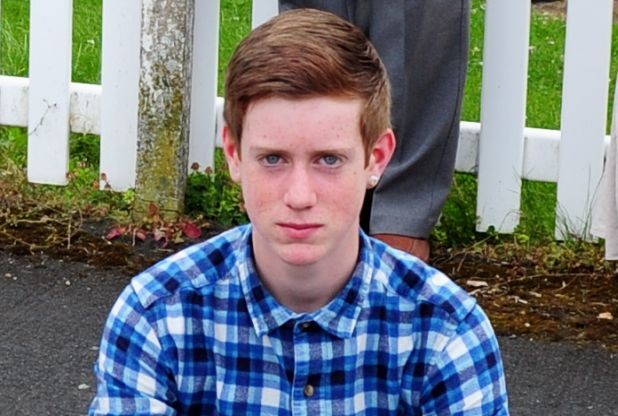
Sadly, the story of Callum Moody-Chapman is one more in a long line of tragedies. Bullied aggressively and ruthlessly by his partner’s former boyfriend, he ended his life by walking into the sea to drown himself.
What more needs to be said? Can we not feel the pain of this on a gut level? What can we do to make sure this doesn’t happen to teens and children in our/your community?
To identify signs and symptoms of online bullying you can read the full article here. You can also contact AIAO to learn more about our anti-bullying program, You Belong.
People of all ages need to know that there are people there for them, so if you’re lucky enough to have young people in your life (children, students, friends), let them know you’re there for them, ask questions, and listen to the answers.
Onward and upward…
What do robins, badgers and buzzards have in common?

“Environmentalists can attempt to price up nature and appeal all they like to concepts such as ‘ecosystem services’, in the hope that…others might learn to value wildlife. But predatory capitalism will always bear down on the long-term health of our environment. As every species bar the grey squirrel on the kill list shows, our current leaders are unwilling to tolerate any living thing that inhibits anyone from maximising (sic) their profit.” – Patrick Barkham
While it may have to do with wildlife and political issues across the pond, this piece from the Guardian touches on political and conservation issues known to many here in the U.S.
The reality is that when emotions, politics, money, tradition, and science vie for time and attention in this dialogue, things get muddied and complicated very quickly.
For read Patrick Barkham’s full article, head over to the Guardian.
10 Leadership Lessons from Super Heroes (and Super Villains)

More on the fun side of things, this post is for you, Ben Delozier (our assistant director and resident super hero fanatic)!
“Because good leadership is a super power, I bring you lessons in leadership, gleaned from our finest super heroes (and super villains). From Batman to Tony Stark to Lex Luthor, and more. Tights and a cape do not a leader make, but these pearls of wisdom just may. . .” – Michael Kasdan
For all the tight-and-cape-clad wisdom, check out these 10 leadership lessons in the full Article at The Good Men Project.
California City Rejects Anti-Bullying Ordinance

“In a surprise, the City Council of Carson, California, rejected an ordinance aimed at making the Los Angeles suburb the nation’s first zero-tolerance place for bullies. The measure would have been the nation’s toughest piece of anti-bullying legislation, but was defeated Tuesday night after sailing through a reading and vote by the full Council earlier this month. The second and final step was viewed to be a formality, after the measure received strong support from Councilmembers in a May 6 preliminary vote.”
I have to admit, when I first saw this piece I felt disappointment; how could something designed to keep young people physically and emotionally safe be rejected?
But, then I read the article and the natural complexity of the situation started to emerge: “Opponents took issue with what they said was vague language and the overly-broad definition of bullying…’The biggest issue you deal with is always ‘he said, she said…’”
Of course, this issue also brings to the forefront the difficulty and possible ineffectiveness of trying to solve a problem with punishment rather than rehabilitation or reeducation; it’s akin to ‘treating’ the symptom rather than the cause.
To read the full story, visit MSNBC.
And visit our website to learn more about Adventure In Adventure Out’s growing anti-bullying program You Belong, a bold and transformative program that engages students and teachers in the creation of a physically and emotionally safe environment where courageous action is encouraged, and the true expression of each person is welcomed and celebrated.
 Adventure In Adventure Out
Adventure In Adventure Out